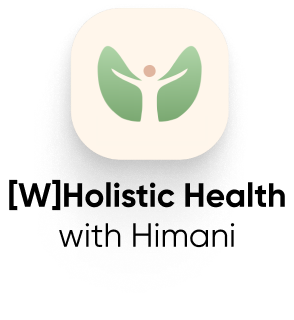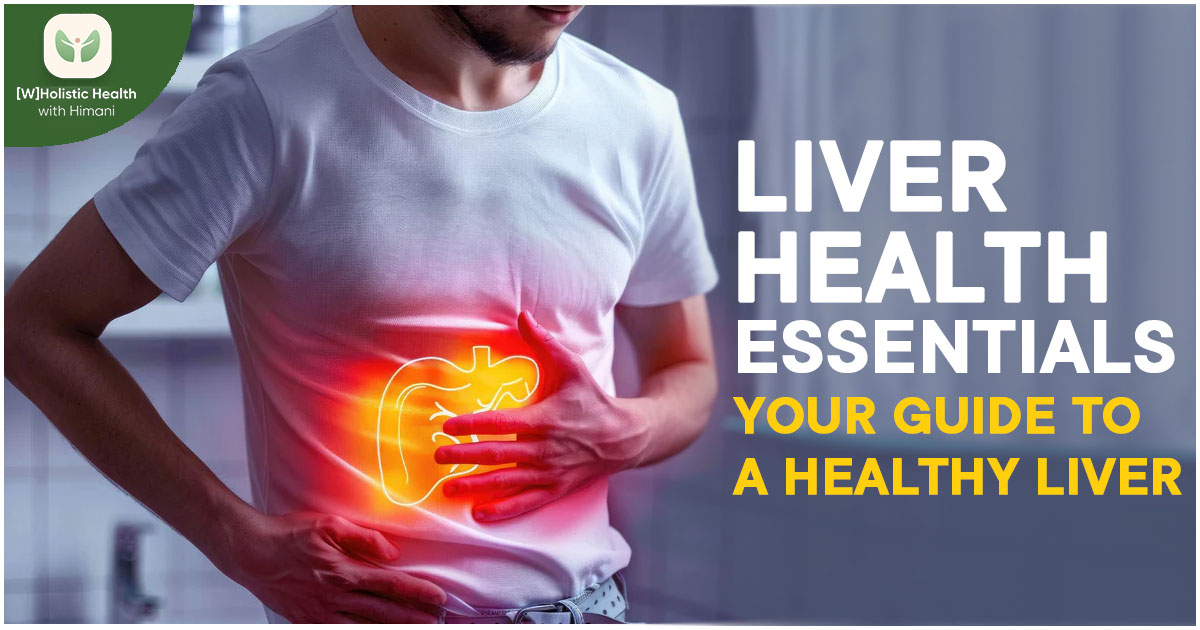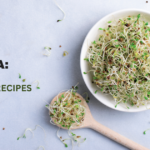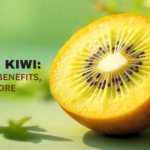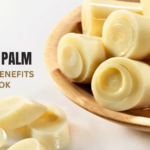The liver is one of the most vital organs in the human body, responsible for over 500 functions that keep us alive and healthy. Healthy Liver acts as a metabolic powerhouse, filtering toxins, processing nutrients, producing essential proteins, and regulating energy levels. However, modern lifestyles, poor diets, and harmful habits have placed many at risk of liver diseases. This guide provides an in-depth understanding of liver health, common diseases, and actionable strategies for maintaining optimal liver function.
Table of Contents
ToggleWhat is the Role of the Healthy Liver in Our Body?
The liver is the largest internal organ in the human body, performing over 500 critical functions essential for survival. It processes nutrients from food, detoxifies harmful substances, produces proteins for blood clotting, and stores vitamins and minerals. According to Harvard Medical School, the liver filters approximately 1.4 liters of blood per minute, removing waste products and distributing essential compounds.
Read More: Holistic Health Coaching for Seniors: A Holistic Wellness Approach
Key Liver Functions:
- Nutrient Processing:
- Converts carbohydrates into glucose for energy.
- Metabolizes proteins into amino acids and stores vitamins A, D, E, and K.
- Processes fats and produces bile to aid digestion.
- Detoxification:
- Filters toxins such as alcohol, drugs, and metabolic waste.
- Converts ammonia (a toxic byproduct) into urea, excreted in urine.
- Protein Production:
- Produces albumin, maintaining fluid balance in the bloodstream.
- Generates clotting factors, preventing excessive bleeding.
- Produces immune proteins that fight off infections.
What Are the Common Liver Diseases and Their Causes?
Liver diseases arise from infections, lifestyle choices, genetic factors, or underlying conditions. The most common liver diseases include:
- Non-Alcoholic Fatty Liver Disease (NAFLD):
- Caused by obesity, high cholesterol, diabetes, and sedentary lifestyles.
- The American Liver Foundation estimates that NAFLD affects 25% of the global population.
- Hepatitis (Types A, B, C):
- Hepatitis A: Transmitted via contaminated food or water.
- Hepatitis B & C: Spread through infected blood, often leading to chronic inflammation.
- Cirrhosis:
- Chronic liver damage causes scar tissue, replacing healthy liver cells.
- Causes include alcohol abuse, chronic hepatitis, and untreated fatty liver disease.
- Liver Cancer:
- Develops due to chronic inflammation or cirrhosis.
- Hepatocellular carcinoma is the most prevalent liver cancer worldwide.
- Hemochromatosis:
- A genetic condition where excess iron accumulates in the liver, damaging tissue over time.
How Can You Assess the Health of Your Liver?
Liver health can be assessed through medical tests and observation of symptoms. Early diagnosis is essential for effective treatment.
Checkout Our 3R Program
Diagnostic Tools:
- Blood Tests: Liver Function Tests (LFTs) measure liver enzymes (ALT, AST), bilirubin, and albumin levels.
- Imaging Tests: Ultrasound, MRI, and CT scans help identify fatty liver, tumors, or scarring.
- Liver Biopsy: A small sample of liver tissue is tested for inflammation, fibrosis, or disease progression.
Warning Signs of Liver Damage:
- Yellowing of skin and eyes (jaundice).
- Dark urine or pale stools.
- Unexplained weight loss and fatigue.
- Swelling in the abdomen.
- Persistent nausea or pain in the upper right abdomen.
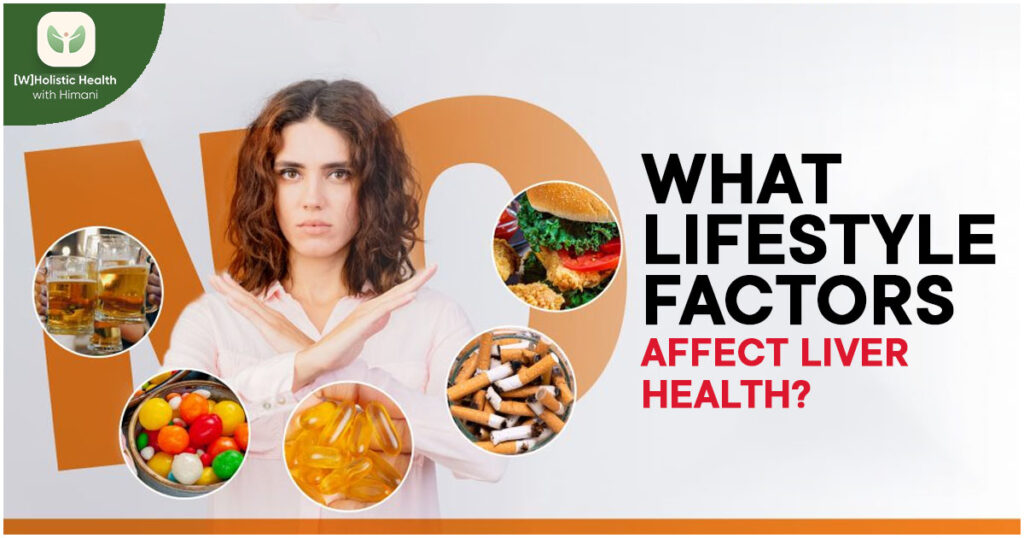
What Lifestyle Factors Affect Liver Health?
Liver health is significantly influenced by lifestyle choices. Poor habits can damage the liver, while positive choices protect and optimize liver function.
Negative Lifestyle Factors:
- Excessive alcohol consumption damages liver cells and causes cirrhosis.
- High-fat and processed foods contribute to NAFLD.
- Lack of physical activity increases obesity-related liver issues.
- Smoking introduces toxins that stress the liver.
- Chronic stress hampers liver detoxification processes.
Positive Lifestyle Factors:
- Regular Exercise: Reduces fat accumulation in the liver.
- Balanced Diet: Promotes proper liver function and reduces inflammation.
- Healthy Weight: Prevents obesity-related liver diseases.
- Hydration: Drinking 2-3 liters of water daily flushes toxins.
- Limiting Alcohol and Medications: Reduces liver burden and damage risk.
Why is a Healthy Liver Important for Overall Health?
A healthy liver is vital for metabolism, detoxification, and immune function. If liver function declines, toxins build up in the body, increasing the risk of systemic diseases. A 2022 study published in the Journal of Hepatology found that individuals with liver disease are 30% more likely to develop cardiovascular conditions. Poor liver health also weakens digestion, energy production, and immunity.
Nutrition for Improving Liver Health
What Nutrients Are Essential for Liver Health?
A nutrient-rich diet supports liver regeneration and detoxification. Key nutrients include:
- Protein: Repairs liver tissue and aids regeneration.
- Omega-3 Fatty Acids: Reduce liver inflammation and fat buildup.
- B-Vitamins: Support energy production and liver detoxification.
- Vitamin E: Protects liver cells from oxidative damage.
- Antioxidants: Combat free radicals that damage liver tissue.
What Are the Best Superfoods for Liver Detoxification?
- Garlic: Activates liver enzymes to flush toxins.
- Leafy Greens: Spinach and kale contain chlorophyll, which neutralizes heavy metals.
- Turmeric: Curcumin reduces liver inflammation and fat accumulation.
- Beets: Improve bile flow and liver function.
- Fatty Fish: Rich in omega-3s that combat liver fat and inflammation.
What Foods Should You Avoid for Improving Liver Health?
- Refined Sugars: Increase fat deposits in the liver.
- Trans Fats: Processed and fried foods worsen liver inflammation.
- Excessive Salt: Causes water retention and liver stress.
- Processed Meats: Increase liver inflammation.
- Alcohol: Directly damages liver cells and accelerates cirrhosis.
How Can You Plan a Liver-Friendly Diet?
- Breakfast: Oatmeal with flaxseeds and berries.
- Lunch: Grilled salmon with steamed broccoli and quinoa.
- Dinner: Lentil soup with garlic-sautéed kale.
- Snacks: Nuts (walnuts or almonds) and fruits like apples or oranges.
How Can a Holistic Nutrition Health Coach Help You?
A holistic nutrition health coach takes a comprehensive approach to improving liver health by addressing diet, lifestyle, and overall wellness. Here’s how they can help:
- Personalized Nutrition Plans: Holistic coaches design liver-friendly meal plans focusing on nutrient-dense foods that detoxify and repair liver tissues.
- Lifestyle Modifications: They provide guidance on reducing alcohol, managing stress, and incorporating physical activity to prevent liver disease.
- Supplement Recommendations: Coaches help identify safe, effective herbal supplements like milk thistle, dandelion root, and turmeric to support liver detoxification.
- Education and Accountability: Through regular coaching sessions, individuals learn about liver health and receive support to stay on track with their health goals.
- Mind-Body Balance: By promoting mindfulness, yoga, and stress management, coaches help reduce emotional and physical stress that burdens the liver.
Natural Remedies for Improving Liver Health
What Herbs and Spices Support Liver Detox?
- Milk Thistle: Silymarin protects liver cells and promotes repair.
- Dandelion Root: Enhances bile production for detoxification.
- Ginger: Anti-inflammatory properties improve digestion.
- Turmeric: Curcumin combats oxidative stress in liver cells.
What Lifestyle Changes Can Improve Liver Health?
- Exercise Regularly: Reduces liver fat and improves metabolic health.
- Manage Stress: Practice yoga, meditation, or mindfulness.
- Prioritize Sleep: Adequate sleep supports liver regeneration.
- Hydrate: Drink water throughout the day to flush toxins.
Conclusion
The liver is critical in maintaining overall health by detoxifying blood, storing nutrients, and supporting digestion. Protecting liver health involves a nutrient-rich diet, regular exercise, and avoiding harmful substances like alcohol and processed foods. A holistic nutrition health coach can provide personalized strategies to optimize liver health, ensuring long-term vitality and preventing chronic diseases.

I’m Himani, a Singapore-based health coach certified by IIN. I help clients create personalized nutrition and lifestyle plans that lead to lasting health goals. By focusing on individual needs, I provide actionable steps to support your journey to optimal well-being
